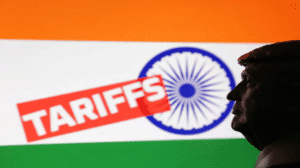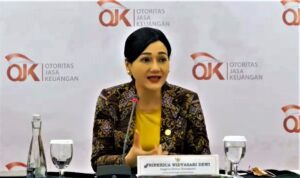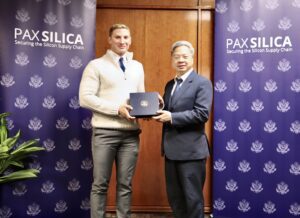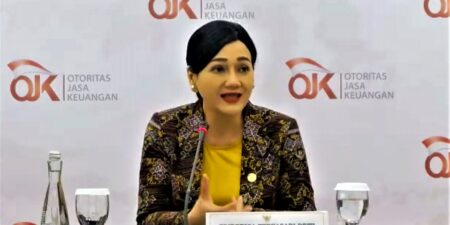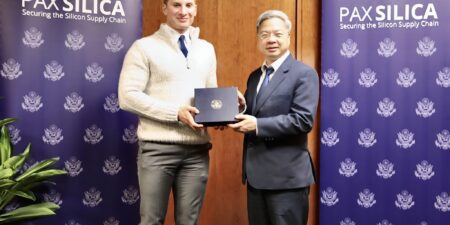
Malaysia Signs Comprehensive Bilateral Trade Agreement With the US

The BGA Malaysia team, led by Senior Director Sadiq Noor Azlan, and the Global Trade and Economics team, led by Managing Director Nydia Ngiow, wrote an update to clients on the Malaysia-U.S. agreement on reciprocal trade.
Context
- Malaysian Prime Minister Anwar Ibrahim signed an agreement on reciprocal trade (ART) with U.S. President Donald Trump October 26 on the sidelines of the Association of Southeast Asian Nations (ASEAN) summit. Unlike previous announcements the United States made on recent trade deals, this ART is a wide-ranging comprehensive agreement that goes beyond trade in goods, covering market access in services and the digital economy.
- The agreement is due to enter into force 60 days after both countries exchange notification upon completion of their legal procedures. It is highly likely that the ART will be ratified in Malaysia’s Parliament with minimal friction, given Anwar’s two-thirds majority in the lower house. The annexes and appendices can be found here.
Significance
- The ART covers trade in goods, investment and purchases, trade in services, digital trade, intellectual property, and critical minerals. Key terms of the ART include:
- The tariff rates imposed on Malaysian imports remain at 19 percent, as announced in August, and it is still unclear whether Malaysia secured any exemptions or lowered tariffs for products subject to, or expected to be subject to, Section 232 tariffs. Malaysia committed to providing significant preferential market access for U.S. industrial goods and agricultural exports,
- Malaysia committed to invest capital totaling approximately $70 billion in the United States over the next 10 years and potential investments in various sectors, including manufacturing and manufacturing-related services, valued at $66 million. Malaysia also agreed to a number of purchases, including aircraft, security equipment, coal, liquified natural gas, telecommunication products, semiconductors and data center equipment.
- The ART will incorporate any commitment concerning trade in services that Malaysia has made or will make in future trade agreements to any third countries, although commitments to ASEAN under any ASEAN trade or investment agreement would be exempted.
- Malaysia agreed to facilitate digital trade and committed to supporting the adoption of a permanent moratorium on customs duties on electronic transmissions at the WTO. Importantly, Malaysia’s agreement to abolish the requirement for social media platforms and cloud service providers to contribute 6 percent of their total revenue in the country is now enshrined in the ART.
- Malaysia committed to implementing or acceding and ratifying several international intellectual property-related agreements within two years of the entry into force of the ART.
- Malaysia agreed to eliminate any rare earth element export quotas to the U.S. and not impose any restrictions on the sale of rare earth magnets to U.S. companies. While there were earlier claims that the U.S. requested exclusive access to rare earth products, Malaysia continues to hold on to its policy of having all rare earths elements processing in country.
- The United States sought to attain most-favored-nation treatment from Malaysia, requesting that Washington be consulted on any other free trade agreements or digital trade agreements Malaysia seeks to sign and would ensure that these future agreements would not undermine the ART or U.S. interests. If consultations with Malaysia fail to address the U.S. concerns, the United States can terminate the ART and reimpose the tariff rate announced earlier in Executive Order 14257 of April 2.
Implications
- Companies should note that the ART demonstrates that Washington continues to view international agreements as a baseline and is securing commitments consistent with WTO standards for the future. With the ART ensuring Malaysia’s ratification and participation in several multilateral agreements — primarily those that relate to intellectual property — this shows how the United States can influence alignment to global trade norms. It will also serve as a model for countries still in negotiations on bilateral deals on what to expect.
If you have any comments or questions, please contact BGA Malaysia Senior Director Sadiq Noor Azlan at msadiq@bowergroupasia.com or Managing Director for Global Trade & Economics Nydia Ngiow at nngiow@bowergroupasia.com.
Best regards,
BGA Malaysia and Global Trade & Economics Teams

Sadiq Noor Azlan
Deputy Managing Director
Sadiq brings his deep understanding of political dynamics and ability to recognize key government stakeholders to his role as director for BGA Malaysia. Sadiq joined BGA in mid-2019, after serving as special officer to the minister of finance under two different administrations. In addition to advising on topics ranging from the country’s annual budget, legislative procedures, subsidy rationalization and election campaigns, he managed engagement with other ministries, private and public agencies, government-linked companies and multinational corporations, foreign leaders, business chambers, media personnel and politicians. Sadiq obtained his bachelor’s degree in economics from the University of Massachusetts Amherst. He spent over ... Read More
×

















